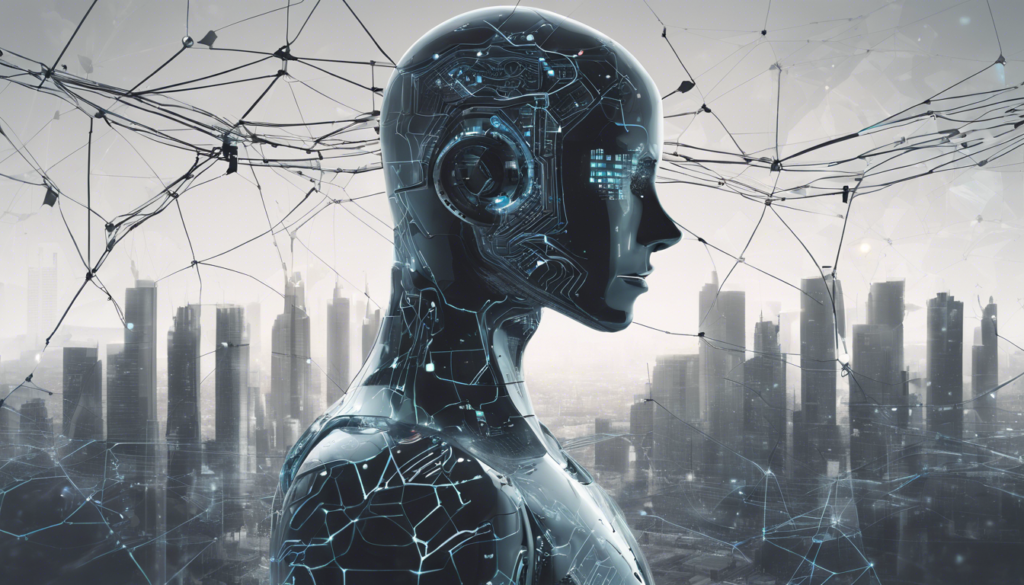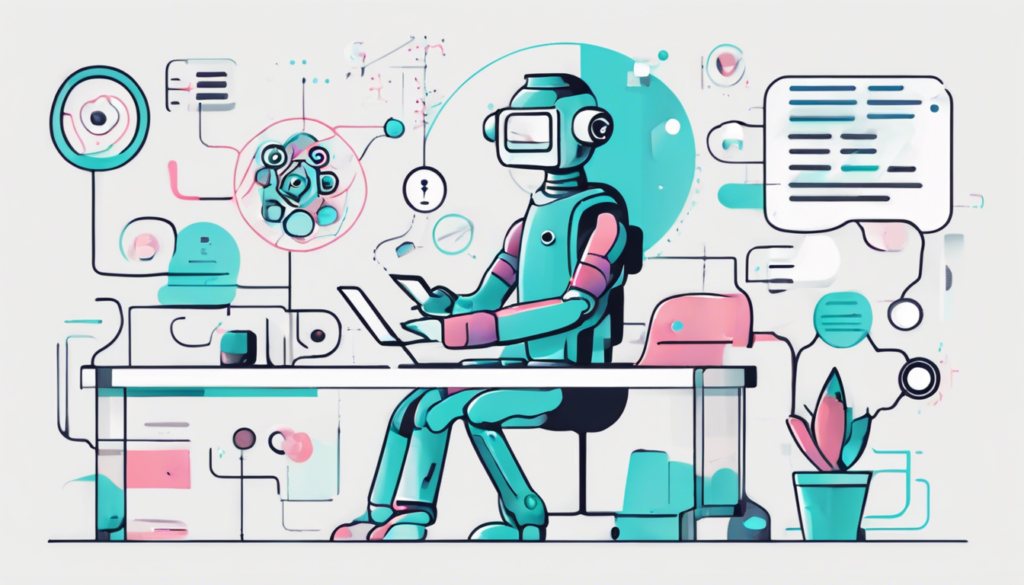In an era where customer expectations are rapidly evolving, the integration of AI-driven customer service solutions is transforming the landscape of customer support.
This article delves into how artificial intelligence is reshaping the way businesses interact with their customers, exploring the benefits and challenges of implementation, the technologies that power these innovations, and the future possibilities of this dynamic field.
As professionals seek to enhance their customer engagement strategies, understanding the role of AI in customer service becomes essential for staying competitive and meeting the ever-increasing demands of the market.
Key Takeaways
- AI-driven customer service enhances efficiency and response time in customer support.
- Implementing AI can lead to significant cost savings for businesses.
- Common technologies include chatbots, virtual assistants, and machine learning algorithms.
- Challenges such as data privacy and integration complexity must be carefully managed.
- Real-world examples illustrate the successful application of AI in various industries.
Introduction to AI-Driven Customer Service
In today’s rapidly evolving business landscape, AI-driven customer service is reshaping the way organizations engage with their clients, offering a compelling blend of efficiency and personalization.
By leveraging artificial intelligence technologies, businesses can automate routine inquiries, provide 24/7 support, and analyze customer data in real-time to deliver tailored solutions.
This sophisticated approach not only enhances the customer experience but also optimizes operational costs, allowing human agents to focus on more complex issues that require emotional intelligence and expertise.
As professionals in various industries confront increasing consumer expectations, understanding and implementing AI-driven customer service strategies becomes critical to maintaining competitive advantage and fostering customer loyalty.
Benefits of Implementing AI in Customer Support
Implementing AI-driven customer service solutions can significantly enhance the efficiency and effectiveness of customer support operations, delivering numerous benefits to organizations.
Firstly, AI systems are capable of handling a multitude of inquiries simultaneously, mitigating the response time for customer queries and improving overall satisfaction.
This 24/7 availability means that customers can receive assistance at any hour, eliminating long wait times and freeing human agents to focus on more complex issues that require emotional intelligence and critical thinking.
Furthermore, AI-driven platforms can leverage data analytics to predict customer needs and personalize interactions, leading to a more tailored experience that increases loyalty and retention rates.
The integration of machine learning algorithms enables continuous improvement, as these systems learn from past interactions to refine their responses.
Consequently, companies not only reduce operational costs but also enhance their service quality, thereby positioning themselves as innovative leaders in customer engagement.
‘The greatest danger in times of turbulence is not the turbulence; it is to act with yesterday’s logic.’ – Peter Drucker
Common AI Technologies Used in Customer Service
AI-driven customer service encompasses a variety of innovative technologies that significantly enhance the way organizations interact with their customers.
Among the most prevalent tools are chatbots, which utilize natural language processing (NLP) to engage users effectively, answering inquiries and providing support 24/7.
Additionally, machine learning algorithms analyze customer data to predict needs, personalize interactions, and optimize response times, thereby improving overall customer satisfaction.
Virtual assistants, integrated with CRM systems, streamline workflows by automating routine tasks and facilitating real-time communication between agents and clients.
Furthermore, sentiment analysis tools enable companies to gauge customer emotions through feedback and social media, allowing for proactive issue resolution.
The integration of these AI technologies not only boosts operational efficiency but also fosters a more responsive and personalized customer experience.
Challenges and Considerations for AI Integration
The integration of AI-driven customer service solutions presents a series of challenges and considerations that organizations must address to ensure successful implementation.
One of the foremost challenges is the potential resistance from employees who may feel threatened by automation; hence, it is critical to foster a culture of collaboration between human agents and AI systems.
Additionally, ensuring data quality and consistency is vital, as AI systems rely heavily on vast amounts of data to deliver accurate and personalized customer experiences.
Professionals must also navigate the ethical implications of AI usage, particularly in maintaining customer trust through transparency in how their data is utilized and how decisions are made.
Furthermore, the complexity of integrating AI systems with existing legacy technology can pose significant technical hurdles, necessitating a thorough evaluation of current infrastructures and investment in staff training to effectively harness these new tools.
Overall, a strategic approach that encompasses technical, ethical, and human factors will enhance the effectiveness of AI-driven customer service initiatives.
Real-World Examples of AI-Driven Customer Service
AI-driven customer service has revolutionized the way businesses interact with their clients, and several notable real-world examples illustrate its profound impact.
For instance, leading e-commerce giant Amazon utilizes sophisticated AI algorithms and chatbots to enhance customer support, enabling instantaneous responses to inquiries and the efficient resolution of issues without the need for human intervention.
This has not only improved response times but also significantly reduced operational costs.
Similarly, companies like American Express leverage AI to analyze transaction data and customer interactions to forecast potential service issues, allowing them to proactively address concerns before they escalate.
Furthermore, the telecommunications sector has seen advancements, with companies such as Verizon employing AI-powered virtual assistants to assist customers with troubleshooting, account management, and billing inquiries, creating a seamless and engaging experience.
These examples illustrate how AI-driven customer service is enabling organizations across various industries to meet consumer demands more effectively and foster a more personalized customer experience.
Frequently Asked Questions
What is AI-driven customer service?
AI-driven customer service refers to the use of artificial intelligence technologies to enhance customer support interactions.
This includes chatbots, machine learning algorithms, and natural language processing systems that help automate responses and improve the overall customer experience.
What are the main benefits of implementing AI in customer support?
The main benefits include increased efficiency and speed in handling customer inquiries, reduced operational costs, improved customer satisfaction through personalized interactions, and the ability to analyze data for insights and trends.
What common technologies are used in AI-driven customer service?
Common technologies include chatbots, virtual assistants, automated ticketing systems, sentiment analysis tools, and predictive analytics which together provide a seamless and efficient customer support experience.
What challenges might businesses face when integrating AI into their customer support systems?
Challenges include ensuring accurate and relevant responses from AI systems, addressing customer concerns regarding privacy and data security, and the need for comprehensive training of AI models to handle diverse customer interactions effectively.
How is the future of customer support expected to change with AI innovations?
The future of customer support is expected to be more personalized and proactive, leveraging AI to predict customer needs and offer tailored solutions.
Innovations like advanced natural language processing and machine learning will further enhance the customer experience, making interactions faster and more efficient.




